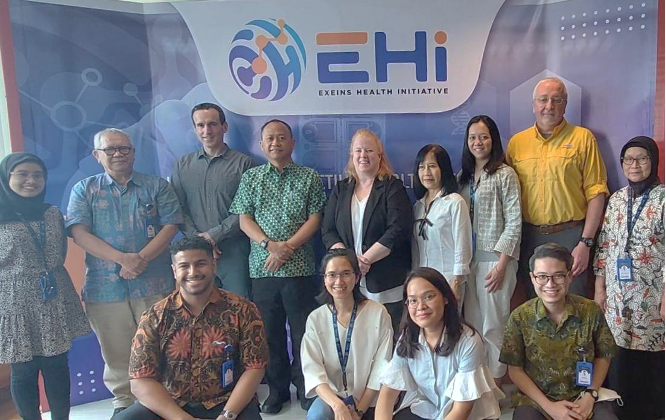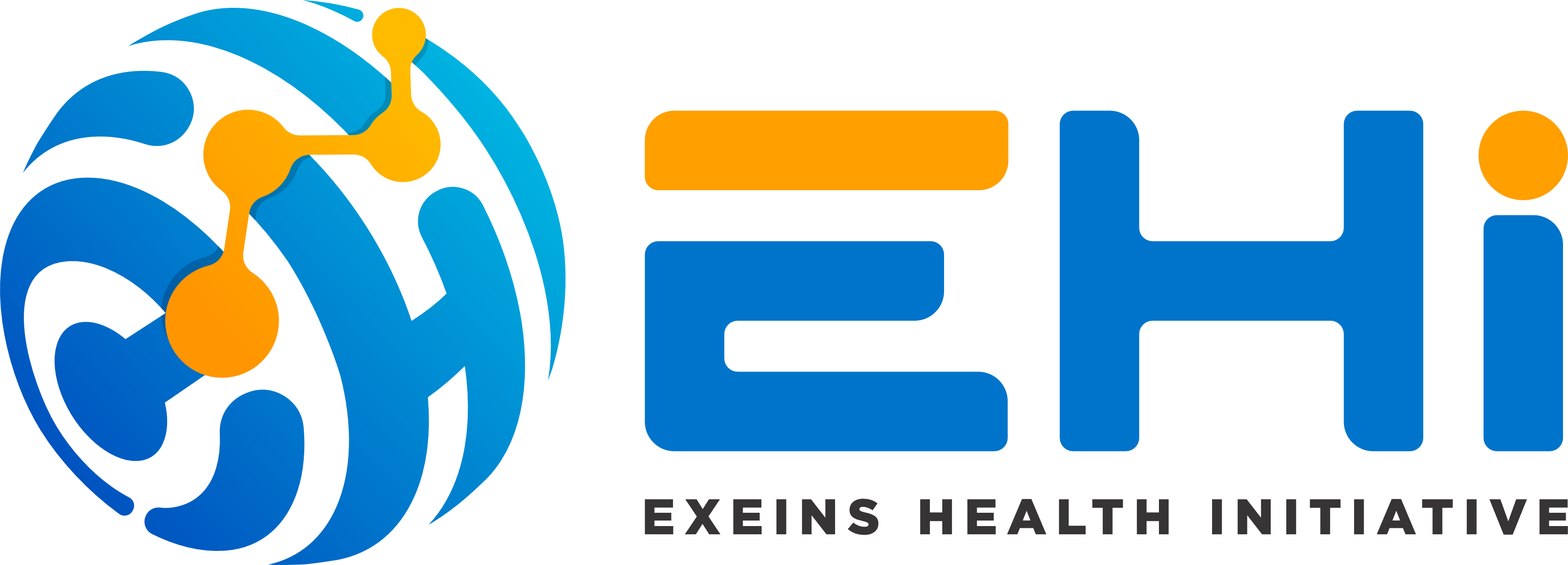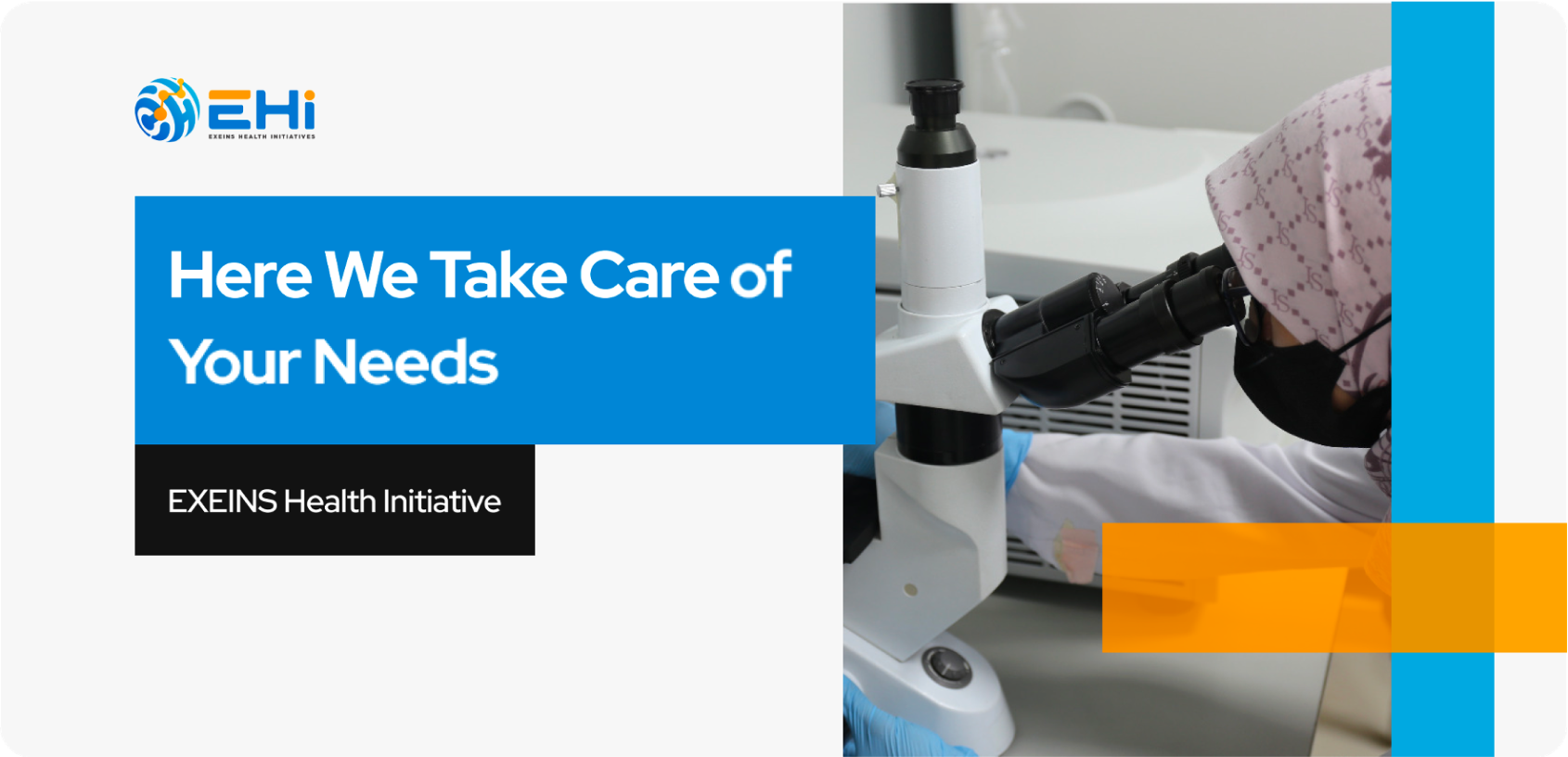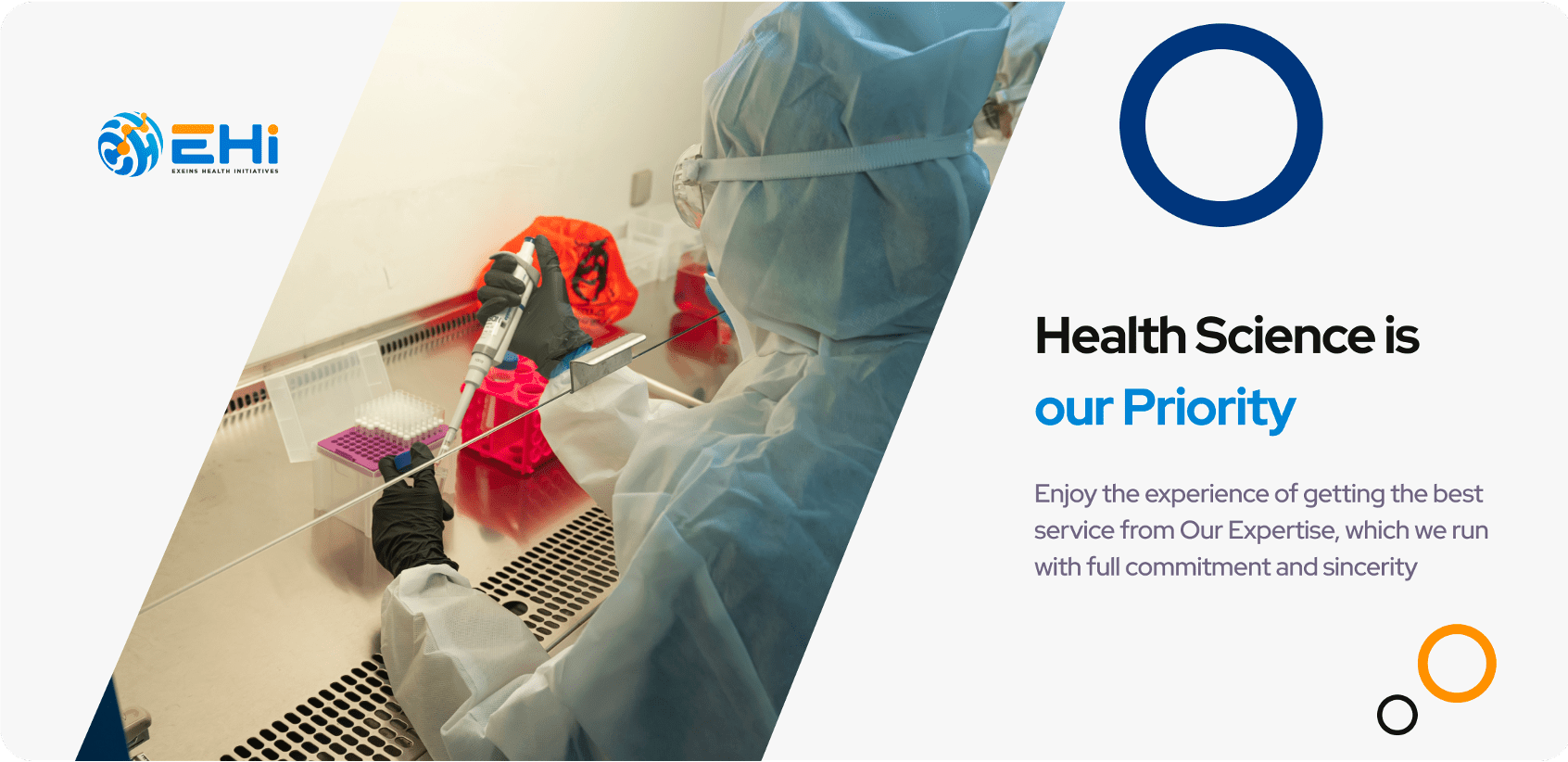
As part of this partnership, the US CDC has been providing support to EHI in its program for the detection of vector-borne pathogens in Indonesia. Vector-borne pathogens, such as malaria parasite, dengue virus and Rickettsia bacteria are transmitted to humans through infected mosquitoes, ticks, and other arthropods. They pose a striking public health threat, particularly in tropical and subtropical countries such as Indonesia.
The US CDC’s support has enabled EHI to enhance its research capacity with the development of a Biosafety Level-2 (BSL-2) enhanced laboratory; EHI can conduct more robust research on vector-borne diseases in a safe and secure environment.

Vector-borne diseases are responsible for a significant proportion of illnesses and deaths in Indonesia, particularly among vulnerable populations such as children, pregnant women, and the elderly. By working together, the US CDC and EHI aim to enable the rapid and accurate identification of emerging vector-borne and zoonotic threats in Indonesia.
We appreciate the US CDC’s continued commitment and their visit to our facility marks an important milestone in the partnership between our institutions. With the support of the US CDC, EHI is better equipped to combat vector-borne diseases in Indonesia, and the partnership between the two institutions is poised to yield even more compelling outcomes in the years to come.

We invite you to learn more about the CDC’s work in Indonesia and its efforts to combat vector-borne diseases around the world by visiting their website.
CDCGlobalWebsite: https://www.cdc.gov/globalhealth/countries/indonesia/default.htm
CDC Division for Vector-Borne Diseases: https://www.cdc.gov/ncezid/dvbd/about.html






